Through an alliance between Petrobras, Corpoguajira and More Forests, have been trained to 24 Dibulla fishermen for the extraction and commercialization of this invasive species.
Chef of various restaurants in Dibulla and Palomino, and traditional cooks, shared knowledge and culinary experiences with the attendees
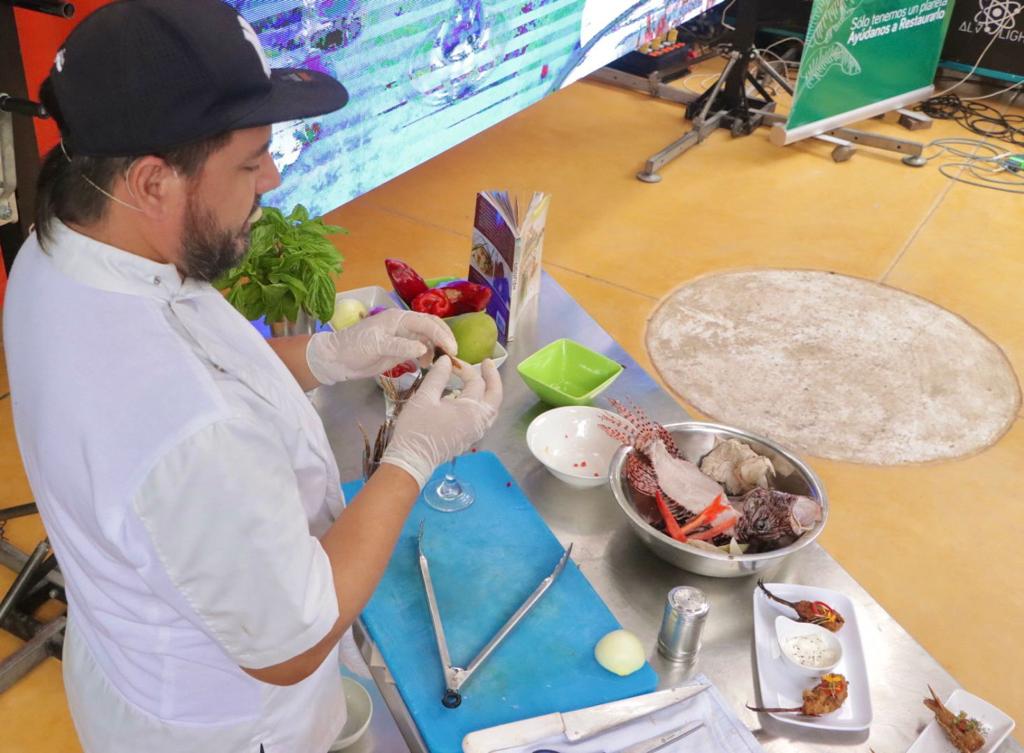 A true gastronomic and educational experience about the Lionfish took place this weekend in Palomino, Dibulla, with the purpose of promoting the fishing and consumption of this invasive species that alters the structure and composition of the biological communities of the reef ecosystems and reduces the possibility of artisanal fishing.
A true gastronomic and educational experience about the Lionfish took place this weekend in Palomino, Dibulla, with the purpose of promoting the fishing and consumption of this invasive species that alters the structure and composition of the biological communities of the reef ecosystems and reduces the possibility of artisanal fishing.
The event was part of an alliance between Petrobras, Corpoguajira and More Forests, to publicize the consolidated progress through the execution of the project implementation of incentives for conservation in marine-coastal ecosystems, in which they participated 24 local fishermen, that were linked to the Payments for Environmental Services scheme.
Samuel Lanao Robles, General Manager Corpoguajira, explained that “fishermen are a key piece to help us control the effects of the Lionfish. It is important that the community knows the negative impacts caused by this species and that threatens artisanal fishing, so promoting its consumption becomes beneficial for the marine ecosystem and a source of additional economic income for our communities”.
The fishermen who were part of this process received training on the origin and biology of the fish, reproductive capacity, toxicity, extraction protocols, data records and final disposal, with the purpose of leaving the installed capacity in future extractions and commercialization of the species, said Nicolas Jimenez Arango, Project coordinator, who additionally added that "as a result of this type of work we are achieving important impacts, because it not only changes the imaginary in the fisherman about the important work he is doing with the Lionfish and the need to do the extraction, but we are also generating the possibility that, the future, maintain food sovereignty.
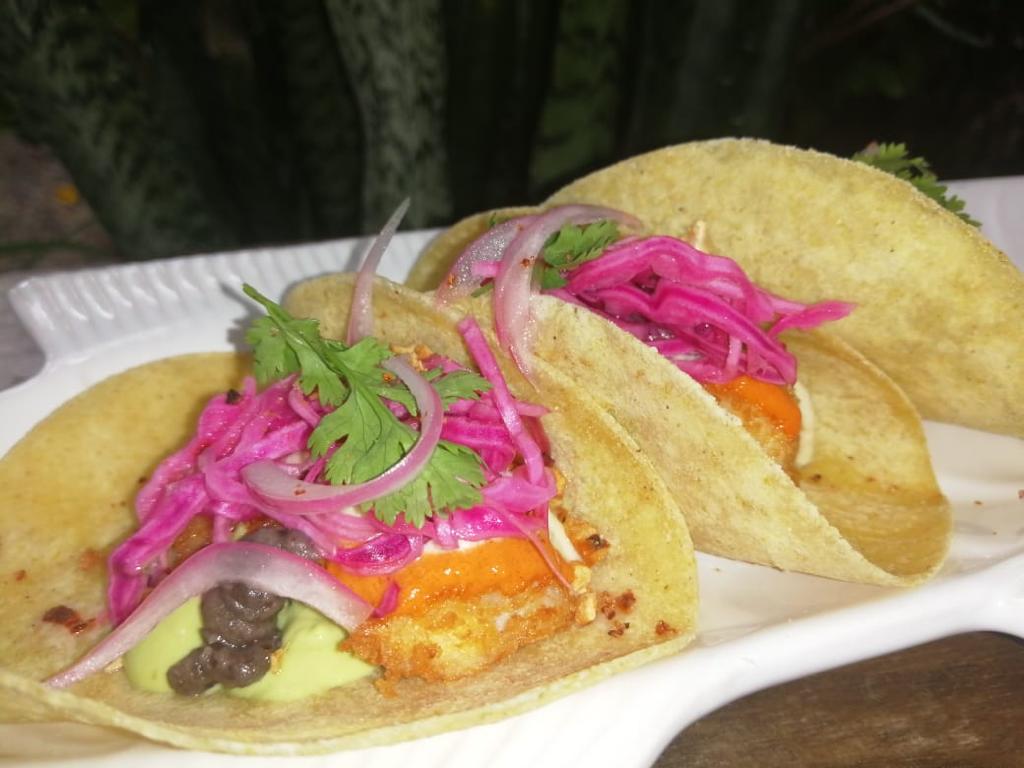 The fishermen linked to the project receive a monthly economic incentive of 600 A thousand pesos, for carrying out works associated with the conservation and recovery of the marine coastal ecosystem.
The fishermen linked to the project receive a monthly economic incentive of 600 A thousand pesos, for carrying out works associated with the conservation and recovery of the marine coastal ecosystem.
Meanwhile, Miguel Ramirez, Artisanal fisherman from Dibulla, He pointed out that "this project has been useful because it has taught us to understand that the control over the Lionfish has helped us to conserve the ecosystem. Además, we do garbage collection and tree planting activities. The incentive they have given us has been very good, because it has served us for expenses in the house and the children's books at school ".
It should be noted, that Corpoguajira has been carrying out control actions, Lionfish awareness and management in compliance with its action plan, including, He also highlighted the meetings with fishermen from Uribia, Manaure, Riohacha and Dibulla, in order to know their perception about invasive species and the implementation of the campaign "Lionfish, the threat is not to eat it”, for the sake of counteracting its presence in the waters of the peninsula.

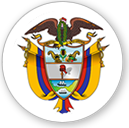





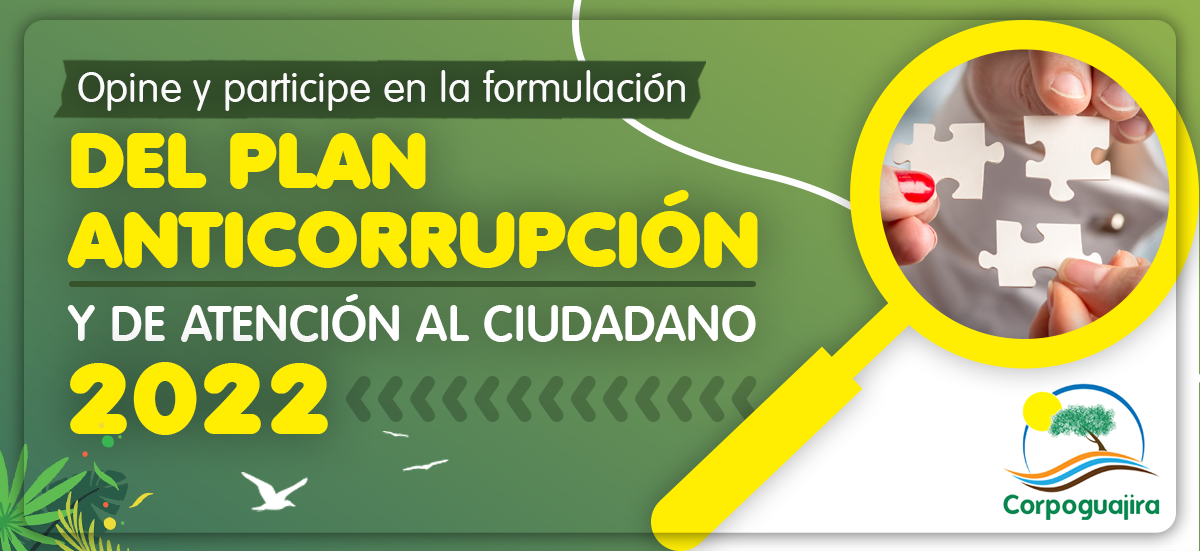
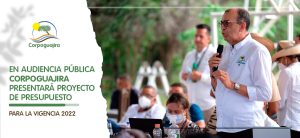







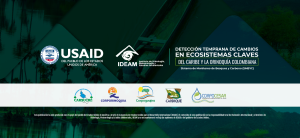











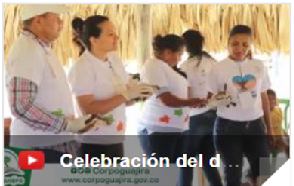


Leave a reply
I am sorry, you should be connected to post a comment.